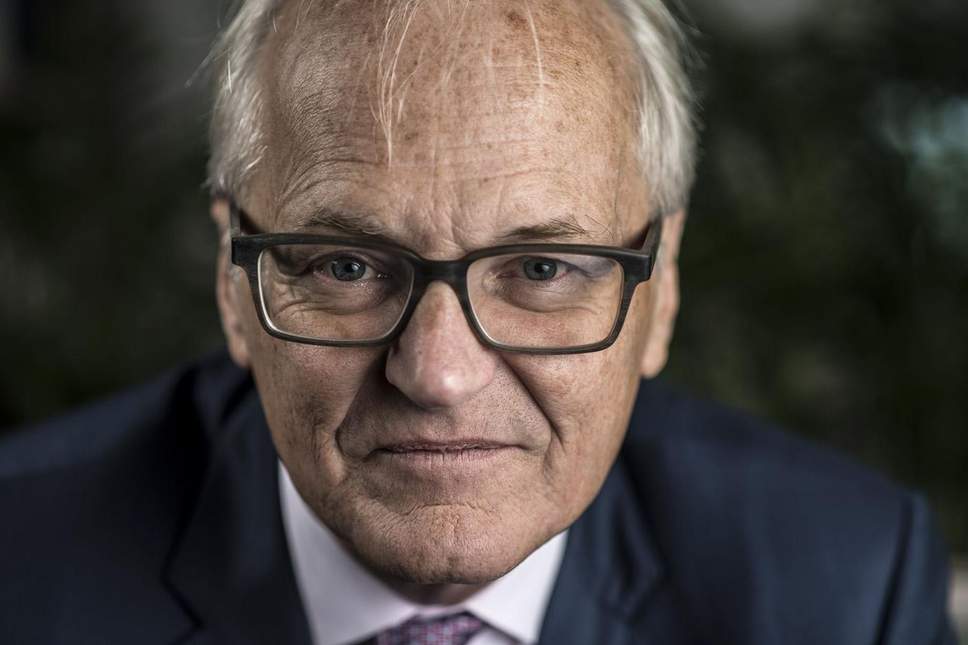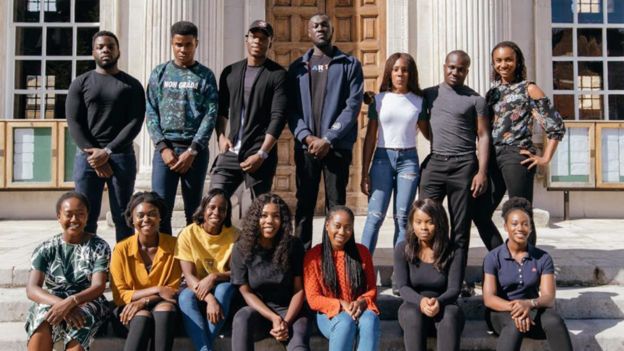Only 1% of £100m donation to Cambridge University to be used to encourage intake of BME students: A futile attempt to challenge contemporary institutional barriers
Following billionaire David Harding’s announcement of a £100 million donation to Cambridge university, only 1% of that will be used on improving BME intake, with another 20% contributing to supporting “Debt free” degrees. In a society where institutional racism and classism is taking new forms by manifesting itself in xenophobia and low company recruitment statistics, are these donations enough to change institutions like Cambridge, and are we focusing on the right opportunity structures?

According to the Financial Times, Cambridge University released statistics in 2018 showing that some of its colleges admitted no black students, or as few as one a year, between 2012 and 2016. Whilst 24% of white applicants are likely to be accepted, still only 12% of their Black counterparts will. This contradicts the optimism that we have seen throughout 21st century equality discourse. With the rise of the feminist movement, and government initiatives to close the socio-economic gap in class and race/ethnicity, assumptions have prevailed surrounding the apparent progress in countering institutional discriminative barriers. Yet these assumptions are blind to the continuing lack of equal access to opportunity structures that can close socio-economic gaps, especially in relation to race and ethnicity. The 1:20 ratio of how the £100m donation will be spent in relation to BME-Class barriers is a clear reflection of this. Race and Class are often being seen as two autonomous issues, without being acknowledged as two social categories that heavily intersect, so whilst white men may see it as their duty to help class barriers, race can be seen as an ‘out of bounds’ subject.

More than just a black & white problem
The complexities surrounding the contemporary nature of racism and classism further manifests itself into a multi-dimensional problem following changing immigration patterns. Race and ethnic differences heavily transcend the traditional markers of plainly “black”, “white” and “asian”. A first generation white polish immigrant may feel institutional barriers to the same extent as a British born asian man; whilst the barriers may be different, they will still be felt. That polish immigrant cannot be said to experience white privilege in the same sense as those coming from a British background, albeit identifying as white. Thus, this is a scenario where institutional privilege and barriers clash. Similarly, a British born Pakistani will face different, and arguably less, institutional barriers to an Arab refugee. These instances act as examples of why we cannot just take class and ethnicity as two autonomous values, and consequentially, we cannot divide efforts into a hierarchy if we are truly trying to make opportunity structures more accessible. For example, a donation of £20m cannot be justifiably given to helping low income households, whilst only £1m is given to aid the admissions of BME applicants. The two issues are intersectional, and must be seen as universally as important as each other.
The effect of discriminatory structures also has a clear reflection into the representation of those of a BME or low income background in higher paid professions especially. Only 1.2% of city lawyers are black – relative to 2% of the population, whilst firms contain an over representation of lawyers from Asian and Chinese backgrounds to up BME figures. Class difference also prevails, with firms that have a trainee intake from 0-19% private school trainees having an average NQ (newly qualified) wage of £100,000, whilst those with a majority intake from public schools has an average NQ wage of less than £50,000.
Whilst of course these donations from those like Harding are making progress towards a more equal access to opportunity structures, we must ensure that the distribution of the money is done in a way which does not dismiss one cause as more important than another. We must also adapt our perceptions of institutional barriers to the changing social patterns we are seeing – it is no longer a clear boundary of privilege and non-privilege. To make real progress, we must recognise the changing complexities and take the measures to act accordingly in relation to them.


